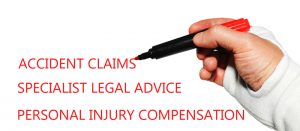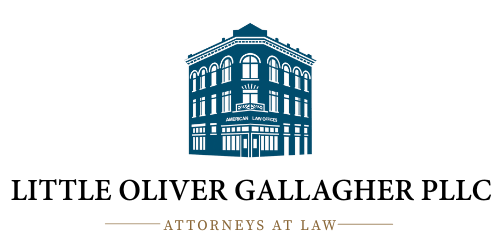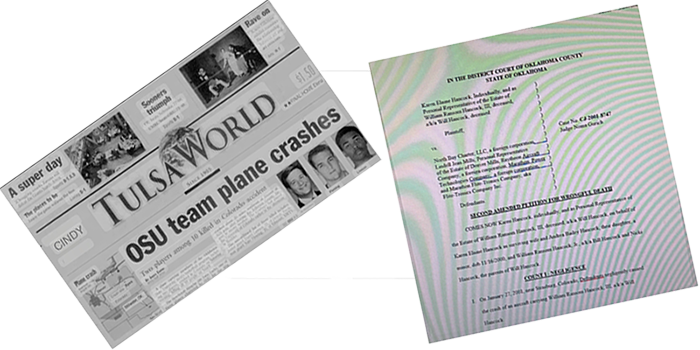The following article was written by David Goguen, J.D. and posted on Allaw.com. The article provides an excellent explanation of Slip and Fall injury cases.
What Makes a Slip and Fall Accident a Personal Injury Case?
Slips, trips, and falls happen all the time, but when do these types of accidents lead to a personal injury case?
An extremely common kind of accident is slipping on a wet or otherwise slippery floor, stair, or ground, or tripping over something on a floor or the ground.
 It is a normal part of living for things to fall or drip on a floor or the ground, and some things put in the ground — a drainage grate, for example — serve a useful purpose there. Therefore, the owner or occupant of property cannot always be held responsible for immediately picking up or cleaning every slippery substance on a floor. Nor is the property owner always responsible for someone slipping or tripping on something that an ordinary person should expect to find there or should see and avoid. We all have an obligation to watch where we’re going.
It is a normal part of living for things to fall or drip on a floor or the ground, and some things put in the ground — a drainage grate, for example — serve a useful purpose there. Therefore, the owner or occupant of property cannot always be held responsible for immediately picking up or cleaning every slippery substance on a floor. Nor is the property owner always responsible for someone slipping or tripping on something that an ordinary person should expect to find there or should see and avoid. We all have an obligation to watch where we’re going.
Read on to learn more about the viability of a slip and fall case.
When Do Slip and Fall Accidents Lead to Liability?
There is no precise way to explain when an owner or occupier of property is legally responsible for something on which you slip or trip. Each case turns on whether the owner acted carefully so that visitors were not likely to slip or trip — and whether the person who fell was careless in not seeing or avoiding the thing he or she fell on.
To be held legally responsible for the injuries you suffered from slipping or tripping and falling, the owner of the premises or the owner’s employee:
- must have caused the spill, worn or torn spot, or other slippery or dangerous surface or item to be underfoot
- must have known the slippery or dangerous material or object was underfoot and done nothing about it, or
- should have known the slippery or dangerous material was on the floor, stair, or ground because a “reasonable” person taking care of the property would have discovered and removed or repaired it.
The third situation is the most common, but is also less clear-cut than the first two because of those pesky words “should have known.” Liability in these cases is determined by common sense. The law determines whether the owner or occupier of property was careful by deciding whether the steps the owner or occupier took to keep the property safe were reasonable.
What are “Reasonable Steps” to Prevent an Accident?
People who work at, live on, and visit property drop and spill things from time to time, and they do not always pick up after themselves. Floors become cracked, torn, or worn and slippery, and ground can become loose, broken, or unusually slippery. A person who is responsible for property must make some regular effort to check the walking safety of the premises and to do some repair and cleanup with safety in mind. On the other hand, the law does not require a premises owner to stand by round the clock to repair or clean up instantly anything that is broken, dropped, or spilled.
The law concentrates on the reasonableness of cleanup and repair efforts. Someone who makes regular and thorough efforts to keep property safe and clean is less likely to be found liable than an owner who neglects the premises. But usually accident claims arise when the matter of repair or cleanup is not very clear. As a result, you can almost always argue that the owner was not careful enough. The very fact that you tripped or slipped shows that the owner could have been more “reasonable.”
Do You Have a Case? Key Questions to Ask
 If you have slipped on or tripped over something and fallen, there are some initial questions you can ask to determine whether the property owner may be liable.
If you have slipped on or tripped over something and fallen, there are some initial questions you can ask to determine whether the property owner may be liable.
- If you tripped over a torn, broken, or bulging area of carpet, floor, or ground, or slipped on a wet or loose area, had the dangerous spot been there long enough so that the owner should have known about it?
- If you tripped over or slipped on an object someone had placed or left on the floor or ground, was there a legitimate reason for the object to be there?
- If there once was a good reason for the object to be there but that reason no longer exists, could the object have been removed, covered, or otherwise made safe?
- Was there a safer place the object could have been located, or could it have been placed in a safer manner, without much greater inconvenience or expense to the property owner or operator?
- Could a simple barrier have been created or warning given to prevent people from slipping or tripping?
- Did insufficient or broken lighting contribute to the accident?
For more information contact one of our highly qualified Attorneys at 580-224-0900 for a free consultation.


